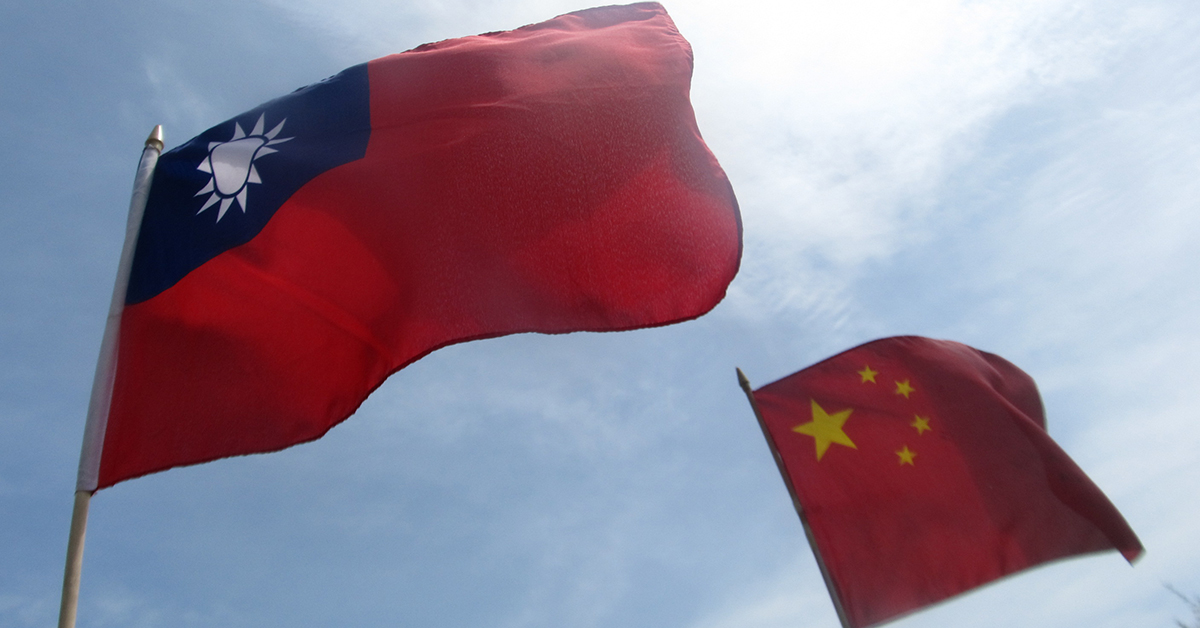In the Queen’s speech last week, the government announced a host of new legislation aimed at curbing China’s influence in the UK. The most prominent of these measures was the proposed establishment a Foreign Influence Registration Scheme (FIRS) similar to those in the US and Australia which would require “individuals to register certain arrangements with foreign governments, to deter or disrupt state threats activity,” according to Home Secretary Priti Patel. Other measures included increasing compliance with modern slavery legislation, providing guidance to local authorities over procurements by Chinese companies involved in human rights abuses or slave labour, and requiring UK universities to report foreign donations and partnerships valued over £50,000. Conservative MP and Foreign Affairs Committee member Bob Seely lauded the move as a “big step forward,” adding “I’m delighted that it’s happening.”
On the surface, this appeared to signify a pivotal moment in the UK’s approach to China and broader counter-interference strategy. But the glaring omission of FIRS from the national security bill stoked skepticism over the actual impact of the legislation and, perhaps more importantly, the government’s willingness to meaningfully enforce it. This was underscored by the results of a consultation of FIRS which found that suspected agents of foreign interference were unlikely to declare themselves or give false information to the register. The irony seemed all the more poignant when the government launched an in-depth investigation into the sale of the UK Perpetuss Group by Shanghai Kington Technologies on national security grounds the same day the bill was introduced to parliament.
While the government’s proposed legislation represents some progress in countering overseas influence, the UK should take a leaf from countries like Australia and Taiwan. These countries have not only introduced more comprehensive legislation tackling external interference, but have also established institutions to enforce and coordinate counter-interference at the governmental level. Australia’s counter-interference legislation not only includes the Foreign Influence Transparency Scheme (FITS)’s register, but also covers areas like infrastructure, electoral funding, and telecommunications. A 2021 report by the UK parliament’s China Research Group even called for the formation of a counter-interference agency like the Australian National Counter Foreign Interference Coordinator’s Office.
Taiwan arguably has even richer experience in dealing with influence activities from China due to its shared political history with the People’s Republic dating back to the early 20th century. One of Taiwan’s mainstream political parties today, the Kuomintang (KMT), was at the forefront of Chinese Communist Party (CCP) influence tactics known as “united front work” during the Chinese Civil War from 1927 to 1949. 70 years on, Taiwan introduced the Anti-Infiltration Act of 2019 to counter modern-day influence activities from China such as disinformation, propaganda, lobbying and electoral interference. The contents of this legislation are clearly informed by this longstanding experience of countering China’s interference, evidenced by the direct references to the CCP term “united front work.” This history informs not only Taiwan’s counter-interference legislation but also its institutions. For example, Taiwan’s political commissar system – an institution established in 1950 – trains political commissars operating across Taiwanese government departments as well as private organisations to recognise and report instances of CCP political warfare.
Overall, Australia and Taiwan provide highly instructive cases of counter-interference which the UK can learn from. Like Britain, both countries have high people-to-people exchanges and economic interdependency with China. Yet Taiwan and Australia have chosen to implement more comprehensive laws and establish institutions that monitor and tackle pernicious forms of domestic interference. Britain will remain a primary target of China’s overseas influence activities due to its economic importance, geopolitical standing, high number of Chinese students, innovation and technological expertise and open markets. While the government’s counter-influence legislation is a step in the right direction, these new laws need the support of robust institutional frameworks to prove effective.
This article gives the views of the author, and not the position of the China Foresight Forum, LSE IDEAS, nor The London School of Economics and Political Science.
The blog image, “London Big Ben“, is licensed under CC BY-SA 2.0.





